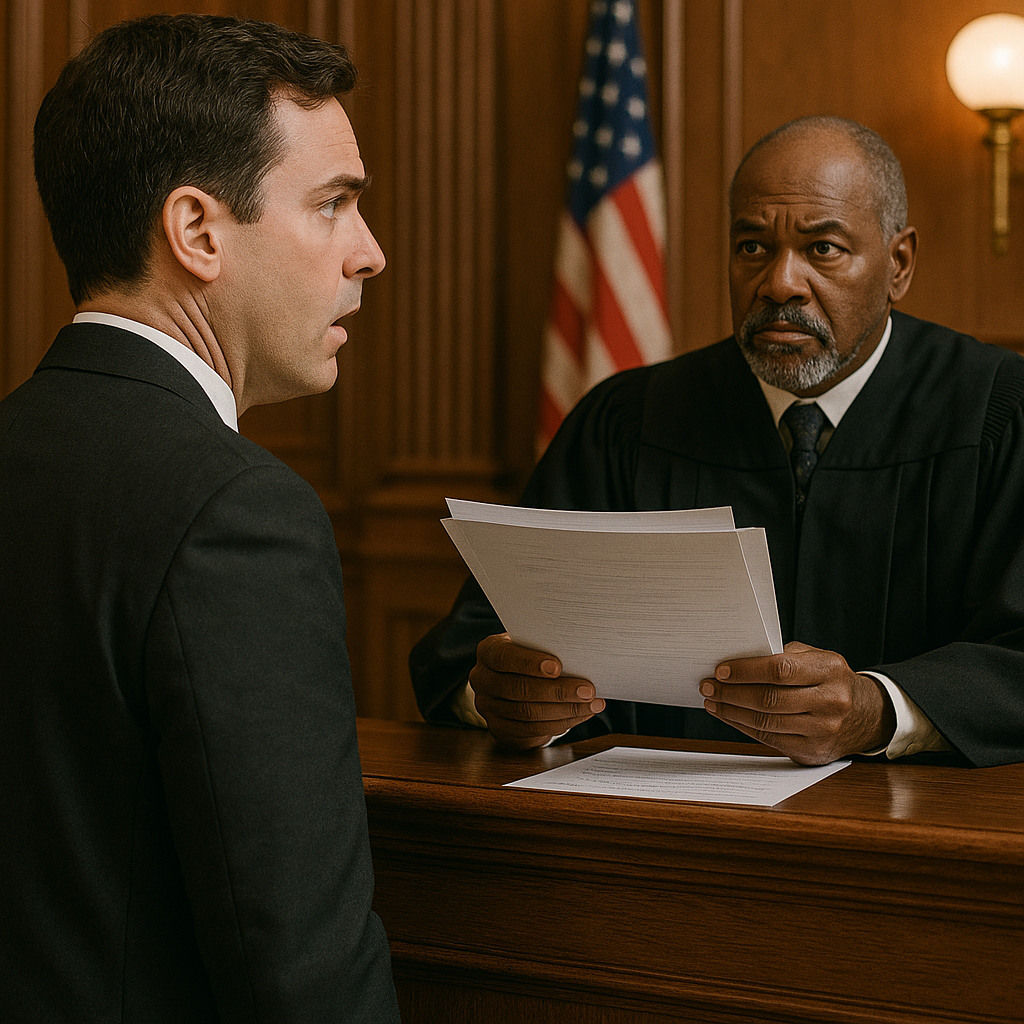(Note: This blog is by Ashley Smith, an attorney in our Tampa, Florida, office)
While the appraisal procedure is commonly used in property insurance claims, the proper scope of appraisal is often contested. Courts across the country generally agree that coverage determinations are reserved only to the courts. However, courts are divided on whether determinations of causation should be considered by the appraisal process. During the following weeks I will examine each state’s position on whether causation determinations fall within the purview of the appraisal panel. This state-by-state analysis will naturally begin with Florida, the state I call home.
Florida recognizes the appraisers’ authority to determine causation, and courts have developed a dual-track approach to the coverage versus causation analysis in property insurance cases.
In Florida, the determination of causation is appropriate for appraisers in some situations, and appropriate for courts in others. For example, in Johnson v. Nationwide Mutual Insurance Company,1 Florida’s highest court held where an insurer contends there is no covered loss, causation is an issue for the court. On the other hand, an appraisal procedure is appropriate to determine causation when an insurer admits there is at least some covered loss, but the parties disagree as to the amount of the loss.
In State Farm & Casualty Company v. Licea,2 the Florida Supreme Court stated that when an insurance company admits there is a covered peril, but there is a disagreement on the amount of the loss, it is appropriate for the appraisal panel to determine the amount to be paid. In this circumstance, the appraisal panel is to inspect the property and determine how much the insurance company must pay based on the covered loss, while also excluding payment for excluded causes, such as wear and tear or dry rot. For example, if the insurance policy provides coverage for wind damage to the roof, but does not provide coverage for dry rot, the appraisal panel is to inspect the roof and determine a value for the wind damage, while excluding payment for repairs required by preexisting dry rot.
While Florida’s legal precedent on determining causation during appraisal is fairly clear, the same cannot be said across the country. Some states even take the opposite position. Stay tuned to find out where your state falls and what issues should be considered when appraisal occurs.
1 Johnson v. Nationwide Mutual Insurance Company, 828 So. 2d 1021 (Fla. 2002).
2 State Farm & Casualty Company v. Licea, 685 So. 2d 1285 (Fla. 1996).




